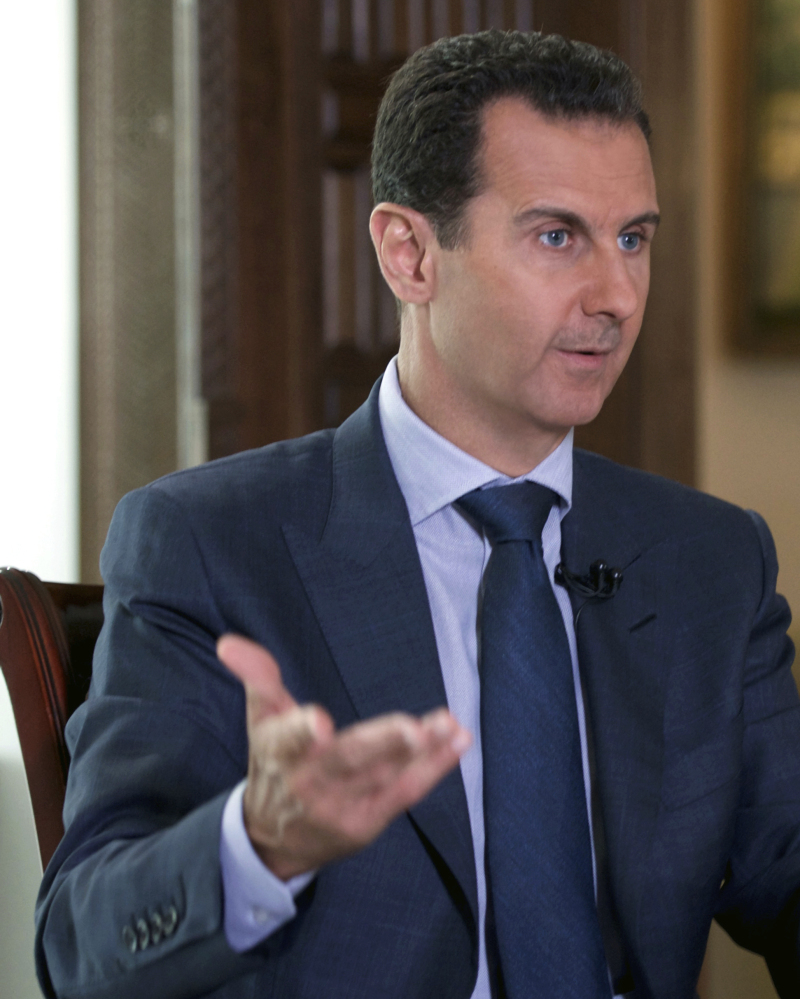WASHINGTON — U.S. intelligence officials expect Turkey and Russia to expand military operations in Syria over the next two months as President-elect Donald Trump’s transition team takes over and President Obama exits the White House.
The Obama administration has stood back as Turkish forces have pushed deeper into northern Syria and as Russia has escalated airstrikes on eastern Aleppo this week, pummeling the city with cruise missiles and fighter jets launched from its aircraft carrier in the Mediterranean.
A shakeup this week among Trump’s national security team has further emboldened Turkey and Russia in Syria, according to a U.S. intelligence official who spoke on condition of anonymity to discuss internal assessments.
The official said Ankara and Moscow are taking advantage of confusing diplomatic signals from Trump’s team about future U.S. policy in Syria.
“They will do what they can in the next two months,” said the official. “The expectation is they will put pressure on” to take more territory.
Both countries were “in a wait and see mode” before the election, the official said, adding that Russian and Turkish diplomats and intelligence officials were watching see how U.S. strategy in Syria might change after Election Day.
Both apparently see opportunities now that Trump has won.
In the past week, Russia and its ally Syrian President Bashar Assad have stepped up their attacks on rebel forces in Aleppo.
After a three-week lull in air attacks, Assad’s forces spent the last three days dropping barrel bombs and other munitions on Aleppo’s hospitals, blood banks and other facilities, according to human rights groups, while Russia launched air attacks from the sea.
The Russian airstrikes support Assad’s efforts to defeat the rebels and allows Assad to resist negotiating an end to a conflict that began in 2011 and has taken an estimated 400,000 lives.
Trump has vowed to extend a hand to Moscow to see if U.S. and Russian authorities could work together more to resolve the crisis. Trump spoke via telephone Monday with Russian President Vladimir Putin, a conversation the Kremlin said centered on their common resolve to fight “international terrorism and extremism.”
Meanwhile, Turkish air and ground forces, joined by Syrian rebel fighters, are near the Islamic State-held town of Al Bab, which is 25 miles from the Turkish border. They will try to recapture the city without support from the U.S.-led coalition.
“This is something that (Turkey) decided to do independently,” Col. John Dorrian, spokesman for U.S. forces in Iraq, told reporters Wednesday via teleconference.
Turkey’s push is seen as a move to create a buffer zone between their border and Syrian Kurdish fighters who are aligned with Turkey’s Kurdistan Workers’ Party, or PKK.
Send questions/comments to the editors.



Comments are no longer available on this story